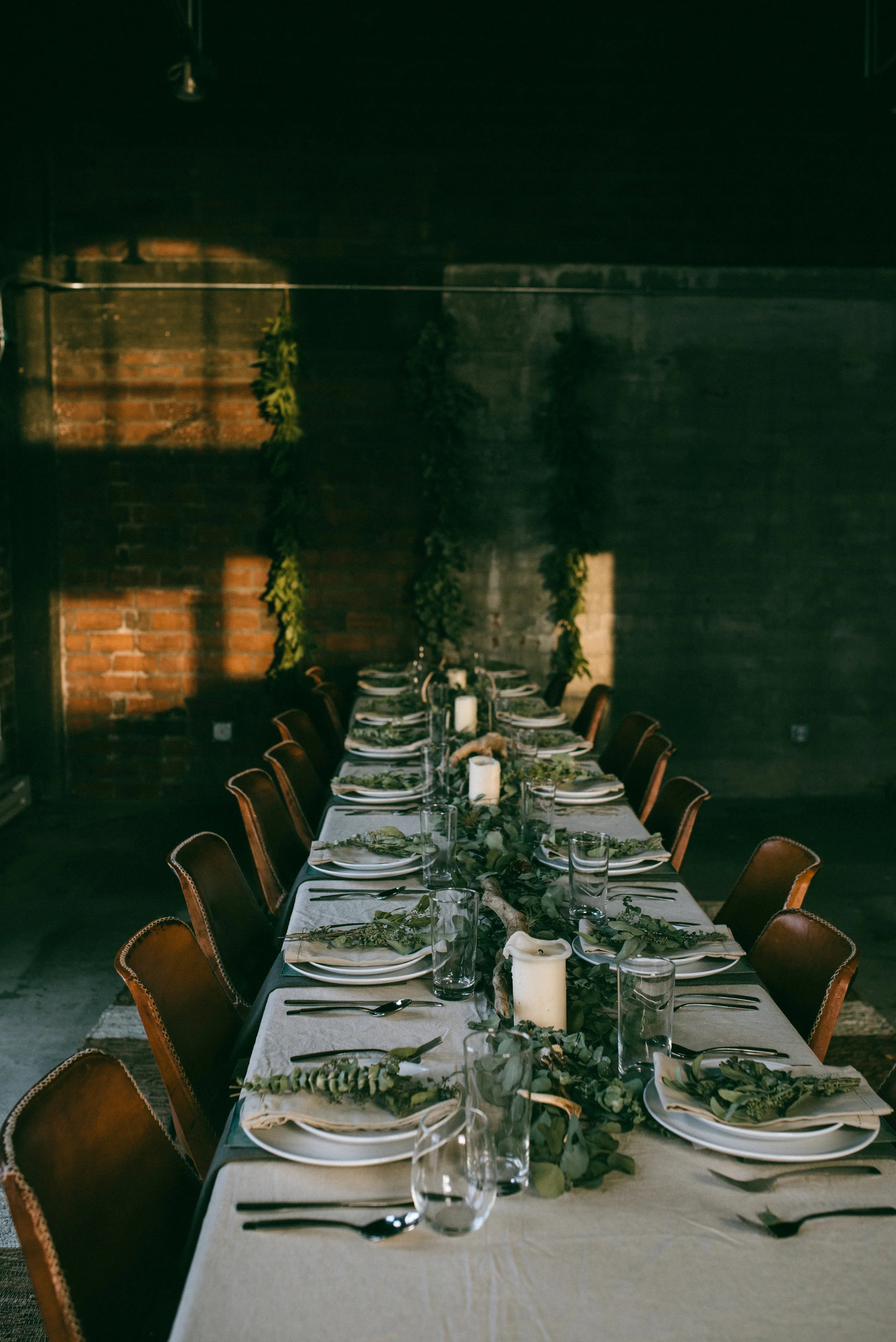an event you need to know about
/Recently I took off a night from work and drove to West Des Moines to attend a really unique event. It's called Des Moines Storyteller's Project.
Des Moines Storytellers Project is like a local version of the Moth, with everyday people sharing a personal story from their lives, on stage and without notes. The event I attended was focused on friendships and I was really moved by the stories I heard throughout the evening. I spoke with one of the coaches for the project, Courtney Crowder, about how this all came together.
How did the Storytellers Project begin?
The Des Moines Register was asked to host this project because of how successful it had been in other markets. There were some cities were selling close to 500 tickets for each event! Gannett (which owns the Des Moines Resister and various other publications across the country) believed other cities would be receptive to this project's mission.
In early 2015, the coaches (myself, Mackenzie Ryan, and Kyle Munson) were trained on how to coach storytellers. We kicked things off by sharing our stores and the following year, the project was opened up to the public and its been a wild ride ever since!
How would you describe the reception that the Storytellers Project has received?
Based on the reception, I think Des Moines was really looking for this kind of event. While there are storytelling events centered on people sharing works of fiction, they aren't events that focus on people sharing their personal stories.
I don't think people even knew this was something they wanted until they began attending the events themselves. The power of storytelling became more and more apparent to those in the audience and it caught on from there.
In your opinion, what do you think makes a good story?
I think it's all about the storyteller being willing to "go there" in the conversation. I think most people want to be the one sharing the "funny story," not the one sharing a sad story. But I think within those sadder stories, there's hope to be found and we learn something meaningful from the more difficult narratives.
Those stories are the most powerful and they reveal what I call "The Universal Truth of the Story." It's that part of the story that binds the audience to the storyteller, even if they have never met the storyteller before.
You mentioned you are a coach with the project. How do you coach the storytellers?
We meet with the storytellers and ask them questions - why did you choose this story to share? What about this story resonates with you so deeply? Their answers to these questions help streamline the overall process.
Generally, the story they have chosen to share is one they have told a thousand times to friends and family. So our challenge is helping them make their story meaningful to strangers within the audience. We remind them that the audience has no context for the story they are going to share, so they have to be able to connect their story's themes to a broad group of people very quickly. I would say that our coaching helps them to construct a more meaningful way of delivering their story.
Driving home after the stories concluded, I felt more at home in my city and a deeper sense of empathy for those around me. Suffice to say, I strongly encourage you to buy tickets to one of their upcoming events. Themes they're tackling next include parenthood, scandal, and road trips. They always sell out, so plan ahead! Tickets available here.
all photography courtesy of the Des Moines Register











